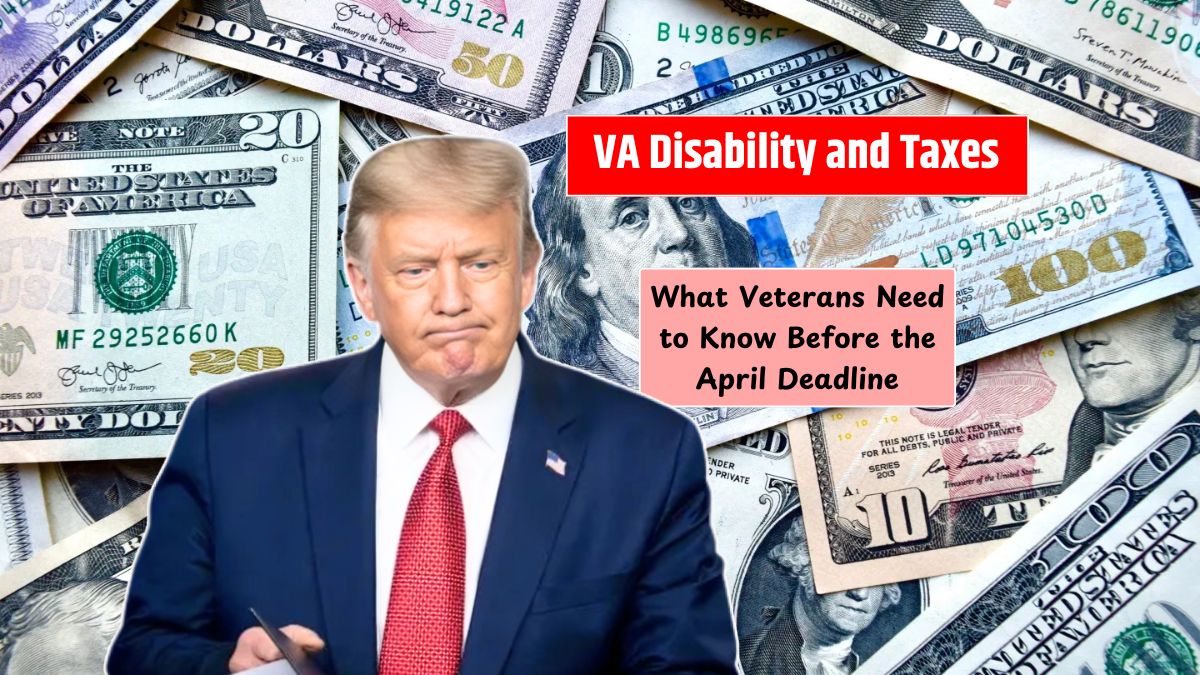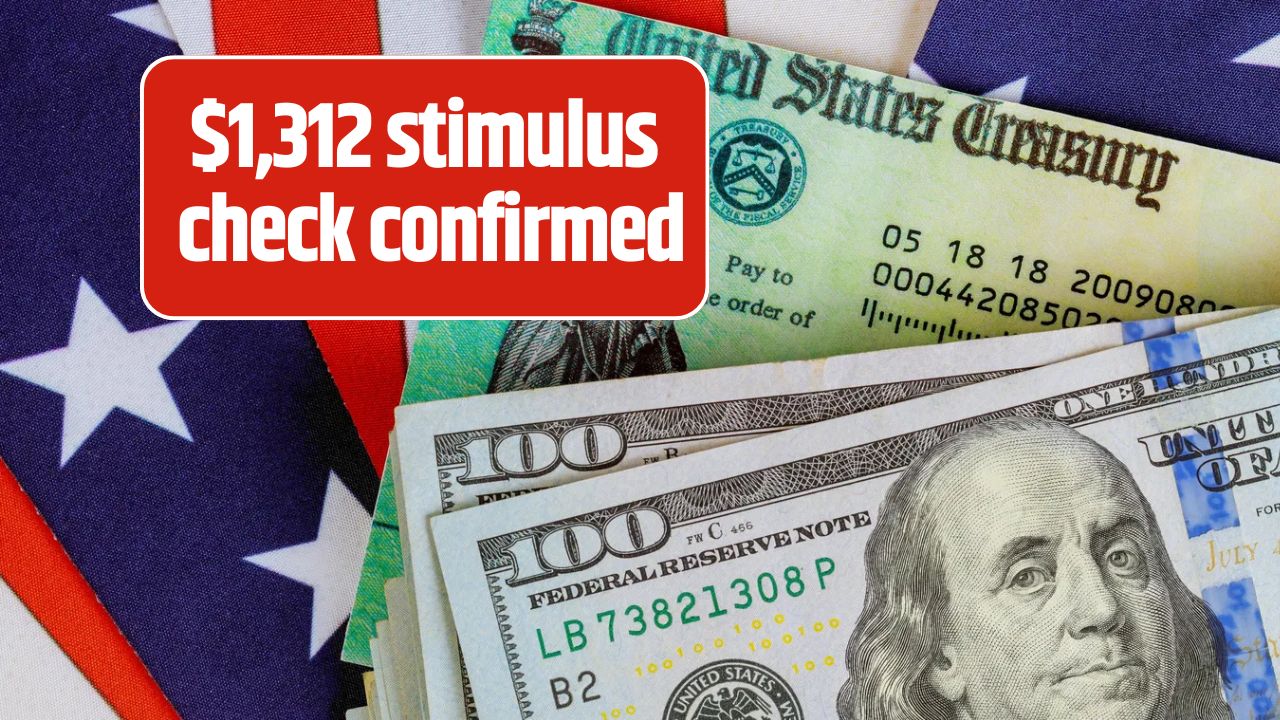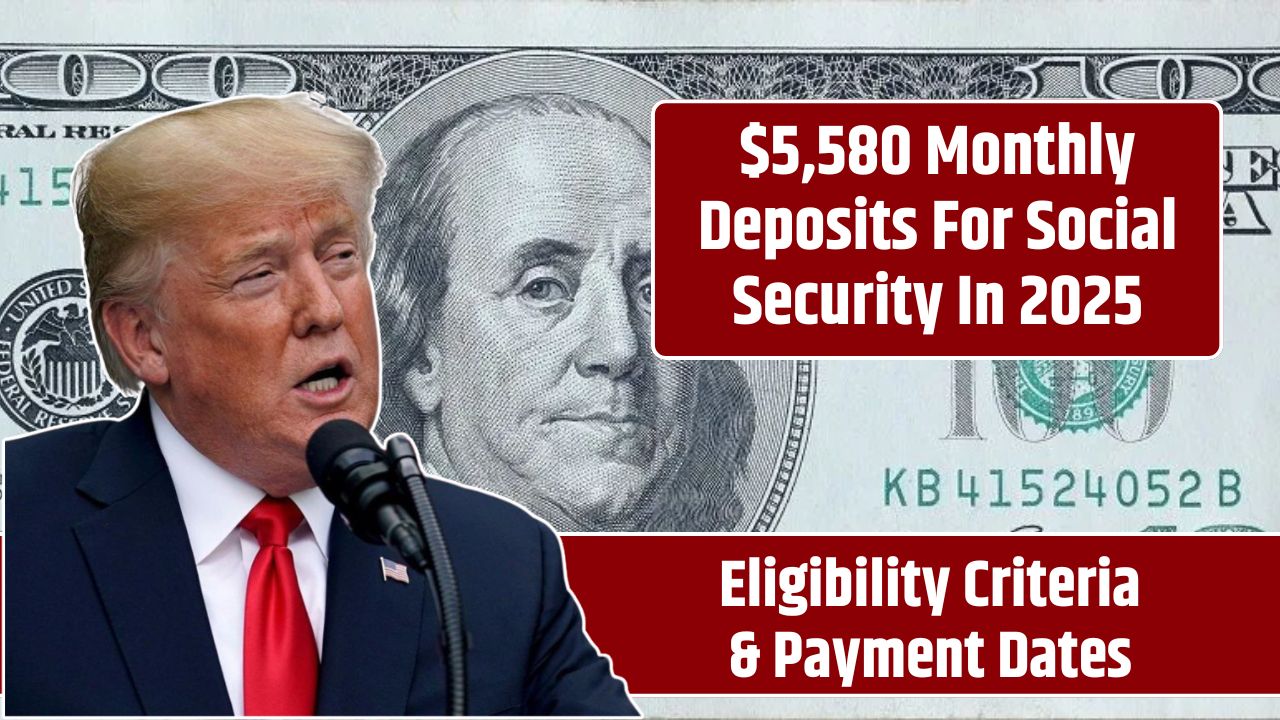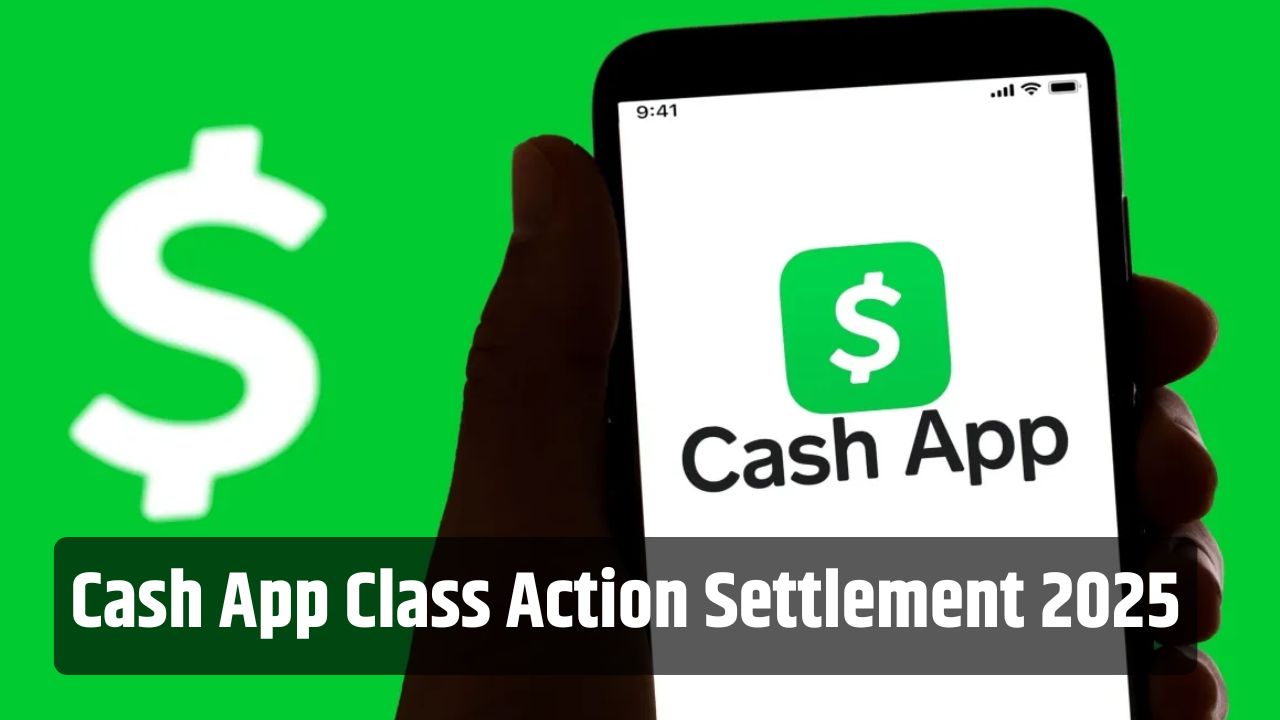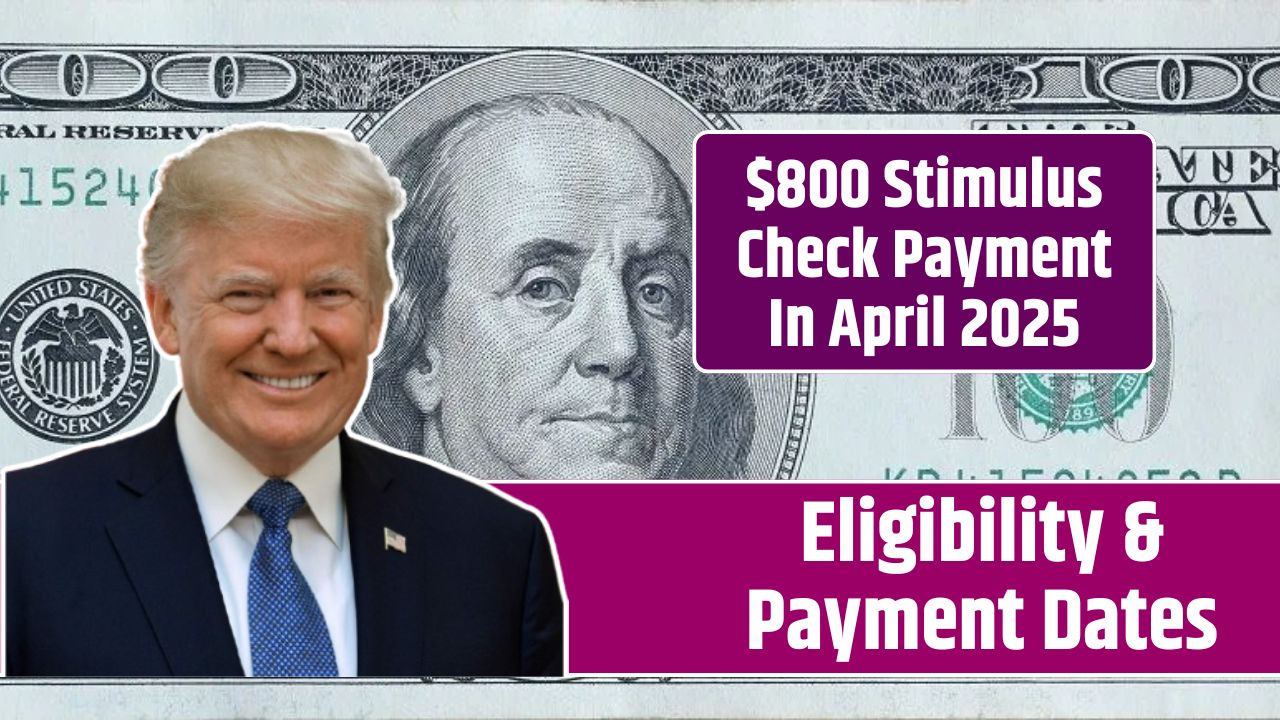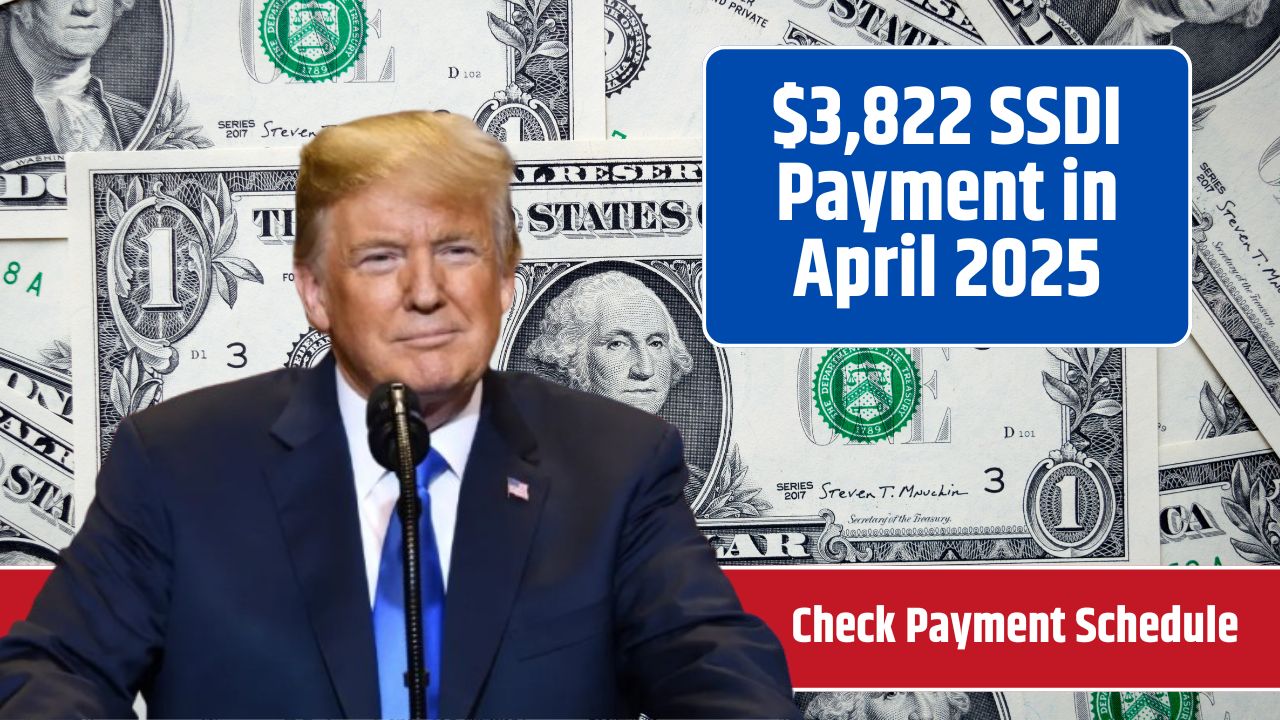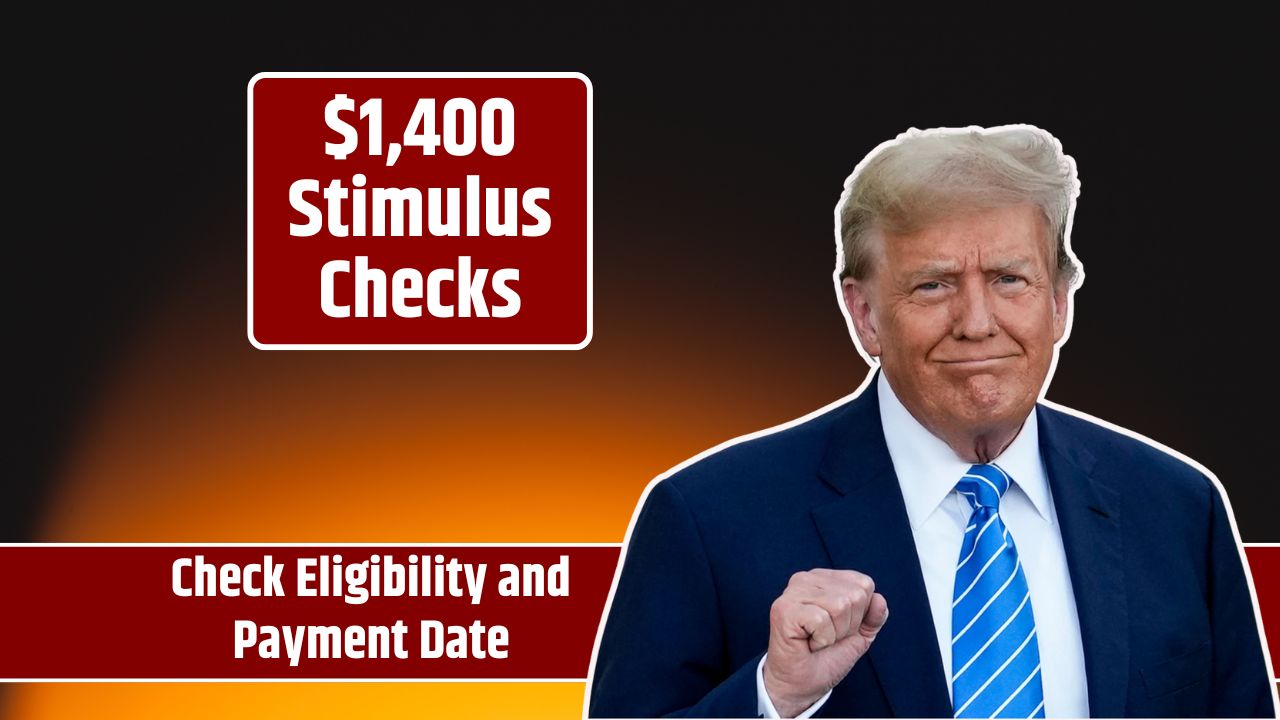Tax season can feel overwhelming, but if you’re a Veteran, there’s good news—navigating your taxes might be simpler than you think. With the April 15 filing deadline coming up fast, it’s important to know what you need to report, what you don’t, and how to take full advantage of the benefits available to you.
Let’s break it all down so you can file with confidence—and maybe even get a refund.
Exempt
First, let’s get the biggest question out of the way: Do you need to pay taxes on VA disability payments?
No. Most disability-related benefits from the Department of Veterans Affairs (VA) are not taxable. That means you don’t need to report them on your federal tax return.
Here are some common non-taxable VA benefits:
- VA disability compensation
- Pension payments for low-income Veterans
- Housing and vehicle grants related to disabilities
- Dependent-care assistance
- GI Bill benefits
- Payments from the Veteran Readiness & Employment (VR&E) program
These exclusions are meant to ease the burden on Veterans who’ve served and are living with service-connected disabilities.
Refunds
Here’s a little-known fact: Some Veterans might actually be eligible for a tax refund.
If your VA disability rating increased retroactively, or you receive Combat-Related Special Compensation (CRSC) alongside your military retirement, you may have overpaid on your past taxes. In this case, you can file an amended tax return to get that money back.
This is especially true if your military retirement pay was taxed before your VA disability benefits were awarded.
Assistance
Don’t want to go it alone? You don’t have to. Veterans have access to several free tax assistance options, both online and in-person:
| Program | Who It’s For | What It Offers |
|---|---|---|
| IRS Free File | AGI below $79,000 | Free guided tax filing |
| IRS Direct File | Select states | Free e-filing for simple returns |
| MilTax (Military OneSource) | Veterans (up to 1 year post-service) | Free federal & state filing with support |
| VITA/TCE Programs | Low-income, disabled, or elderly taxpayers | In-person help from IRS-trained volunteers |
These tools are safe, official, and designed with Veterans in mind—especially if your tax situation includes government benefits or military retirement.
Protection
Tax season is also scam season. And unfortunately, Veterans are often targeted. Here’s how to stay safe:
- Never share your Social Security number or VA PIN via text or email
- The VA will never request personal details through suspicious communication
- Get an IRS Identity Protection PIN to protect your return from fraud
If something feels off, trust your instincts. Always go through official VA or IRS channels.
Resources
To fully know your tax responsibilities as a Veteran, check out IRS Publication 525—it explains in plain English what’s taxable and what isn’t when it comes to government and military pensions.
Bottom line? You may not owe anything on your VA benefits. But being informed ensures you’re not leaving money on the table—or putting yourself at risk.
FAQs
Are VA disability benefits taxable?
No, they’re excluded from federal income taxes.
Can Veterans get a tax refund?
Yes, if they had retroactive benefit changes or CRSC.
What’s the income limit for IRS Free File?
It’s for taxpayers with income under $79,000.
Is MilTax free for Veterans?
Yes, for up to one year after military separation.
How can Veterans avoid tax scams?
Use an IRS IP PIN and never share info by text/email.

